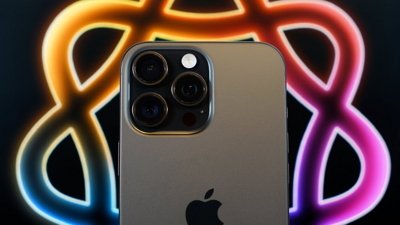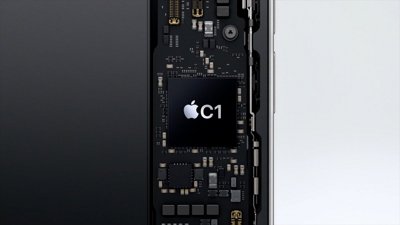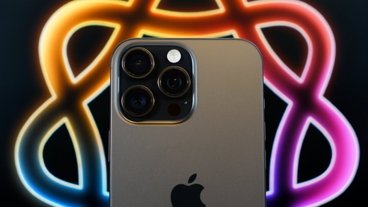China Mobile, the world's largest wireless provider, held a commanding 95 percent share of all new subscriber additions in China before the nation launched its 3G initiative last year, which saw its two smaller rivals — China Telecom and China Unicom — ink iPhone distribution deals with Apple.
According to the Financial Times, the operator has relinquished a sizable portion of its lead in recent months, with January figures showing China Mobile's share of new subscriber additions hovering just above the 50% marker for the 30-day period.
Much of China Mobile's challenges stems from its decision to adopt the country's home-grown 3G standard, called TD-SCDMA. Both China Telecom and China Unicom have chosen alternative routes, adopting more widely used technology compatible with Apple's existing iPhone models.
In a conference call covering China Mobile's annual results on Thursday, chief executive Wang Jianzhou called on Apple to include TD-SCDMA in its next-generation iPhone, claiming rival smartphone maker Research in Motion "is doing it" and that it's "not that hard to do." He added that Apple had yet to formally respond to his requests.
Jianzhou's calls are likely to go unanswered because the concessions he's seeking stand in stark contrast to Apple's iPhone strategy of delivering one device for the entire world. As the FT points out, simply adding a TD-SCDMA chip to its worldwide models is similarly unlikely, as there's no room for additional components in a device as slim as the Apple handset, not to mention the added costs for bundling the added technology.
 Katie Marsal
Katie Marsal
-xl-(1)-xl-xl-m.jpg)






 Wesley Hilliard
Wesley Hilliard
 Marko Zivkovic
Marko Zivkovic
 Andrew Orr
Andrew Orr
 Malcolm Owen
Malcolm Owen


 Andrew O'Hara
Andrew O'Hara
 William Gallagher
William Gallagher






56 Comments
Don't do it, Apple!
Support worldwide standards!
Don't do it, Apple!
Support worldwide standards!
/Agree! Just get a model in China that supports WIFI.
Oh - And hi boards - First Post.
JWS
Don't do it, Apple!
Support worldwide standards!
/Agree! Just get a model in China that supports WIFI.
Oh - And hi boards - First Post.
JWS
Welcome.
K
Ah, the wonders of communism.
TD-SCDMA isn't proprietary. In fact, it's been designed to avoid the licensing issues surrounding other 3G standards.